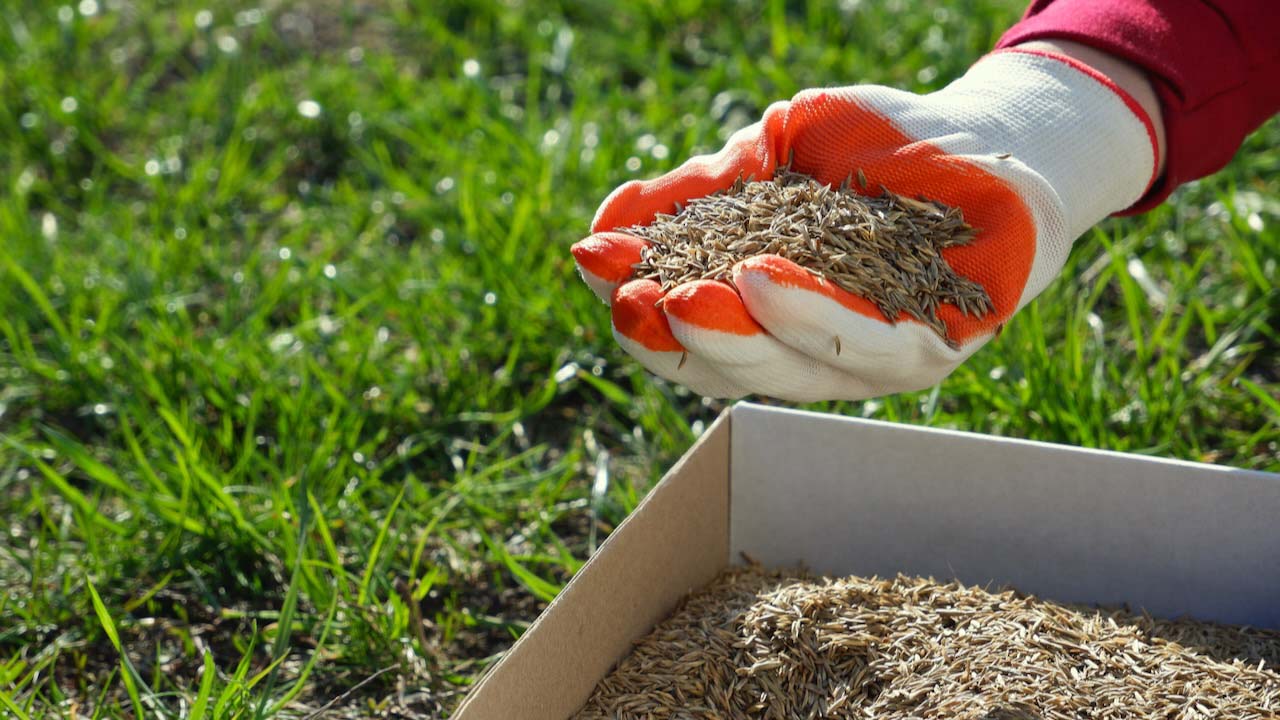
After the wet winter, your lawn may be looking a bit worse for wear.
A busy summer of use, followed by months of rain, wind and frosts means the grass may be looking sparse, muddy patches have developed and lumps and bumps could make mowing tricky when summer finally arrives.
Many gardening experts argue that autumn is the ideal time to carry out lawn repairs, but if you didn't tick that job off your garden to do list, then it may not be too late - we argue that spring may actually be the best time to get to grips with your grass.
Suggesting jobs in the garden for September on an episode of Gardeners’ World, presenter Adam Frost showed viewers how he reseeds patches that have developed in his lawn over the summer.
“If your lawn has developed the odd bare patch here and there, September is a good time to repair it, while the soil is still warm,” he explains.
“Simply remove the dead turf [Frost breaks this up with a hand fork], along with any stones and weeds, and work in some fresh soil or compost. Sprinkle the grass seed over the top, taking care not to spread it too thickly, and then water it in.”
While we agree that September soil does incubate the summer’s heat, repairing lawn with seed in autumn can still be a little risky due to the cooling temperatures.
That's why we think there’s another season that’s a better time to repair lawn with seed.
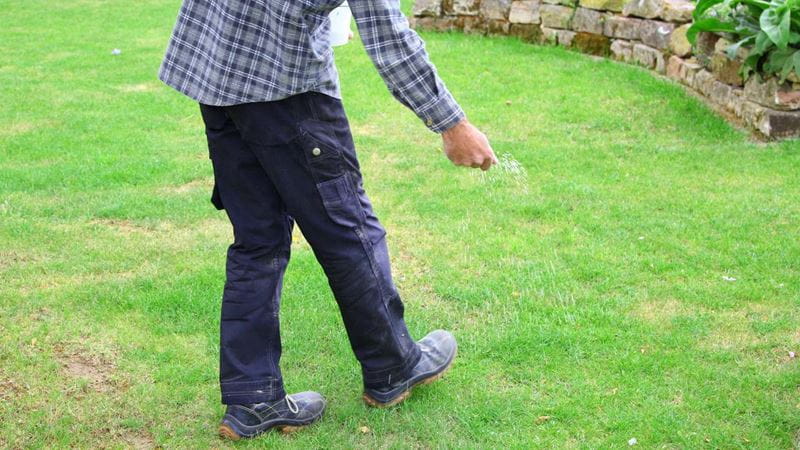
The wet autumn may have dashed your hopes of patching up a summer-damaged lawn, but by doing it in spring you could get a better chance of success. Wet and cold weather in autumn can stop seeds from germinating.
That’s why spring is increasingly touted as one of the best times to repair your lawn with seed, as the weather is headed on a more predictable and warmer trajectory.
“If we are lucky and have a warm autumn, then it is possible to use this window of opportunity to reseed areas of the lawn,” explains gardening expert Simon Akeroyd (who’s penned two books on perfecting your lawn).
“However, if it turns wet or cold then there is a chance some of the grass seeds won’t germinate. Instead, I prefer to patch over the bare areas of my lawn with turf, or wait until it has warmed up in mid-spring for repairing lawns with seed, as you should have a longer period for it to grow.”
So if your lawn does need some extra attention, then we're approaching prime time for over seeding.
The ideal temperature for grass seed germination is between 10 and 16 degrees Celsius, which tends to be in March, April and May.
It pays to be cautious to avoid a late cold spell and, of course, don't do it during spells of dry weather.
After reseeding patches to repair your lawn, Cassie King from British Garden Centres told Saga Magazine she recommends giving the soil a helping hand.
“Miracle-Gro Patch Magic contains magic coir, a unique, super-absorbent growing material that allows it to absorb eight times its weight in water and to expand four times its volume, protecting grass seeds from drying out,” she says.
Rosanna Spence has been a journalist for 10 years, reporting on a huge array of topics – from microwaves to cocktails, sustainable buildings, the Caribbean islands and beyond. She’s interviewed chefs at the helm of Michelin-starred restaurants and chatted to countless CEOs about their businesses, as well as created travel guides for experienced travellers seeking life-changing adventures. Throughout her career, she has created content for Business Traveller, i-escape.com, Pub & Bar, BRITA, Dine Out and many more leading titles and brands.
View author page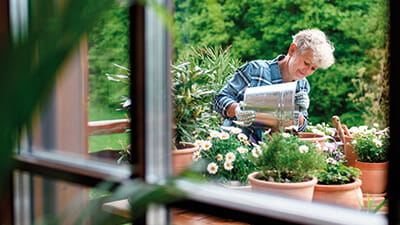

Saga Home Insurance comes with garden cover included. Find out what’s included and get tips to help secure your garden.
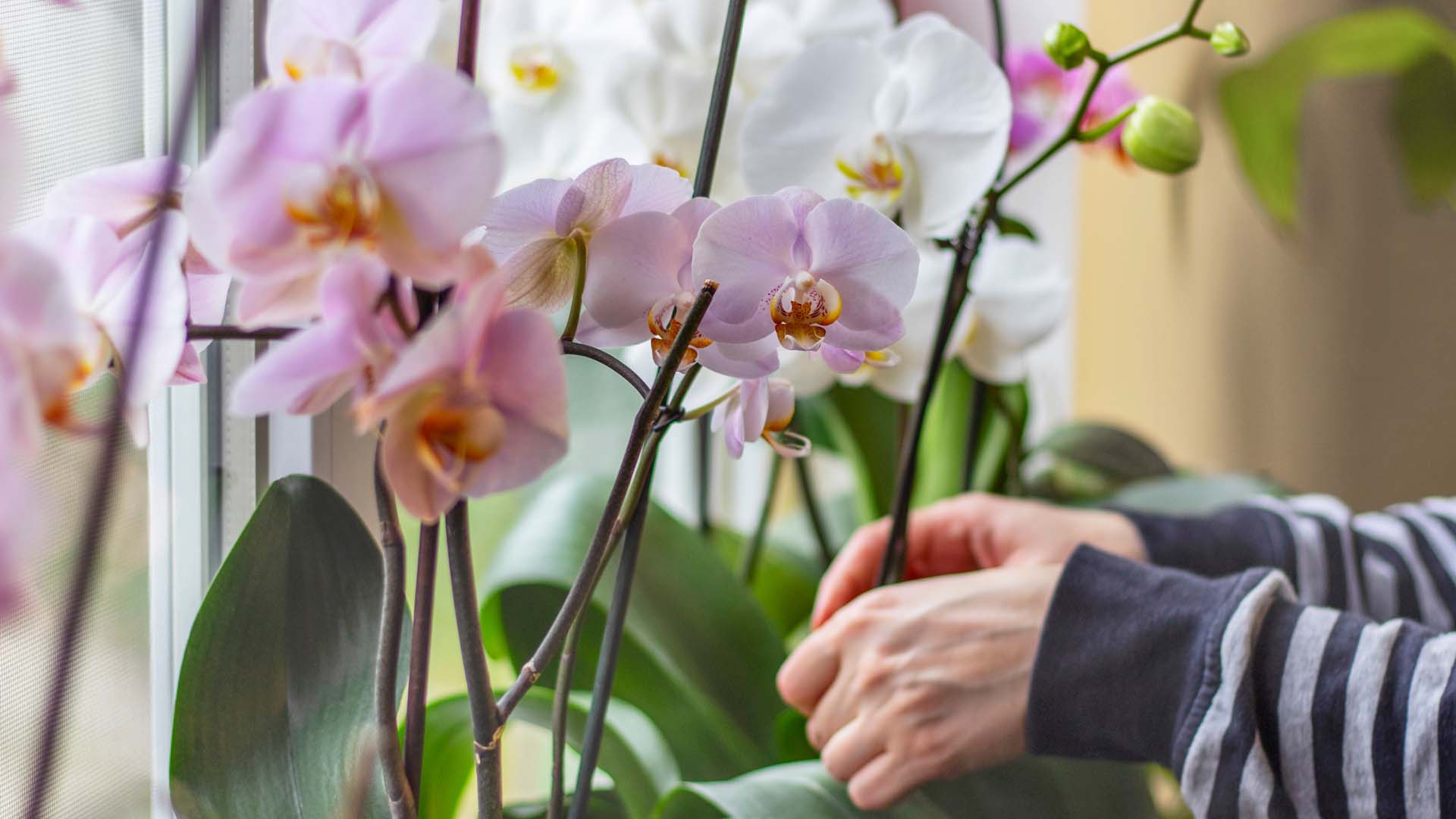
Our expert pruning and watering hacks include a top tip to keep them flowering from Alan Titchmarsh.
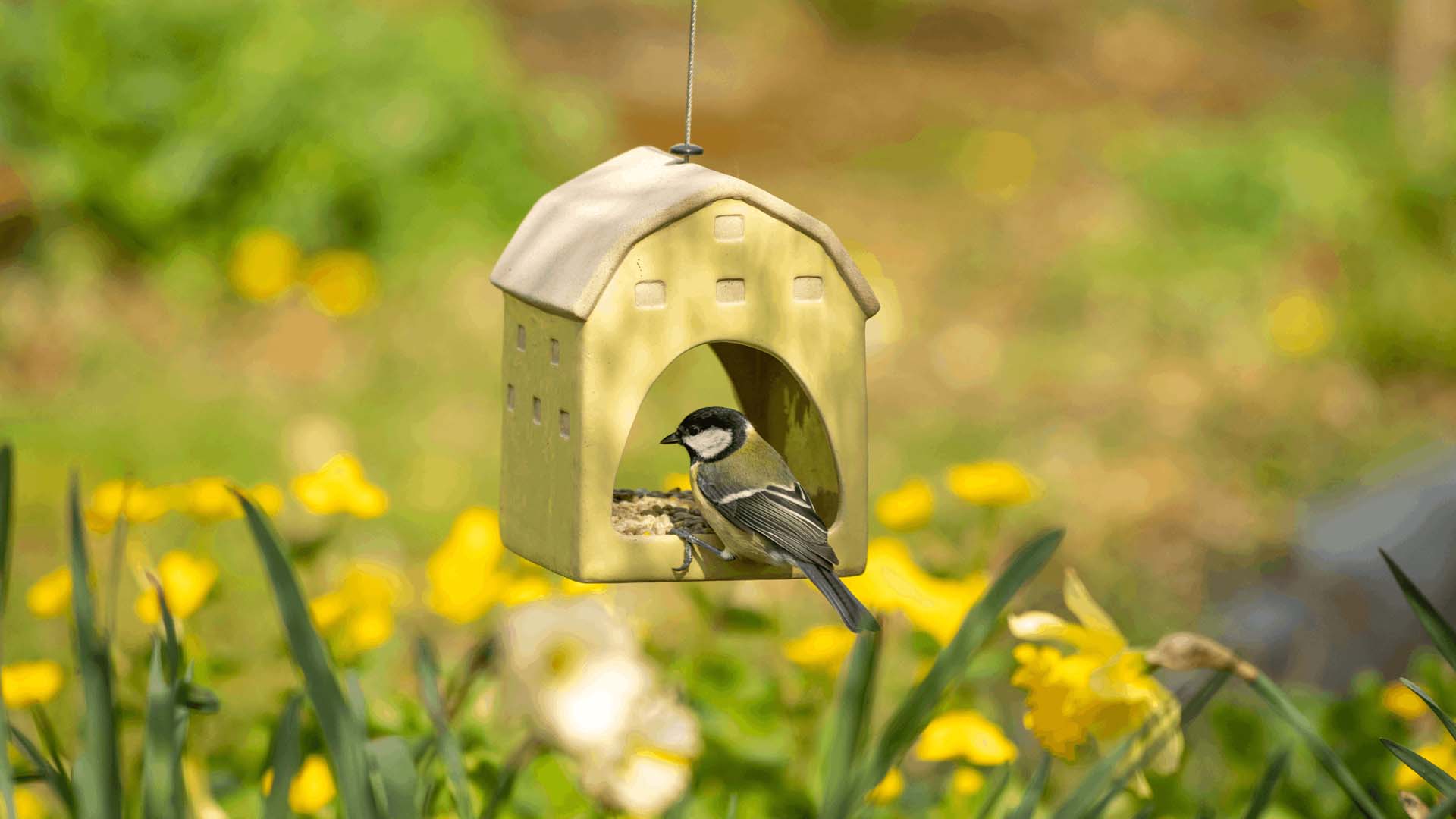
Don’t make these bird-feeding mistakes. Expert advice on how to feed birds in your garden safely.
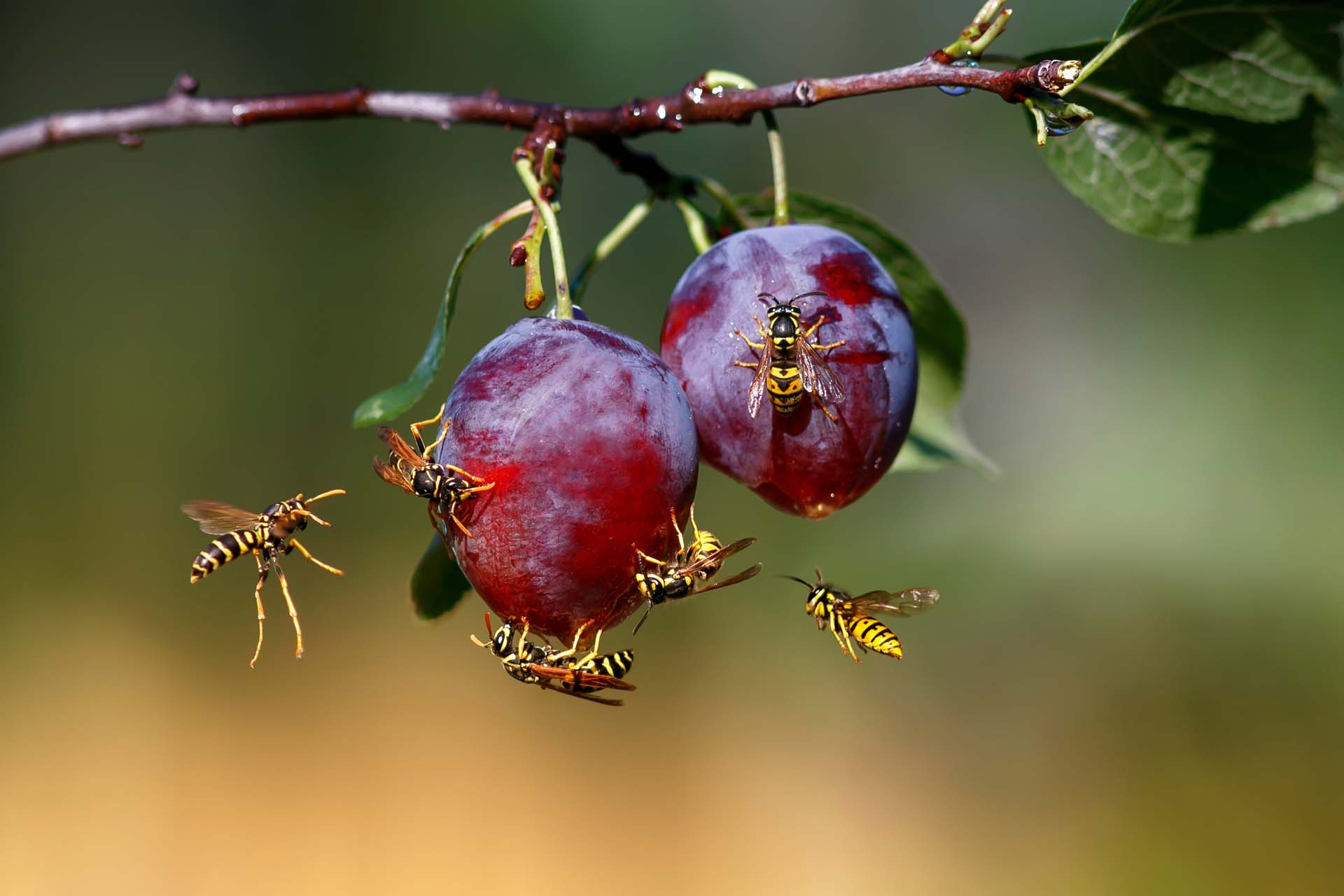
Blighted by buzzing? How to keep wasps out of your garden without harming them so you can enjoy the summer.
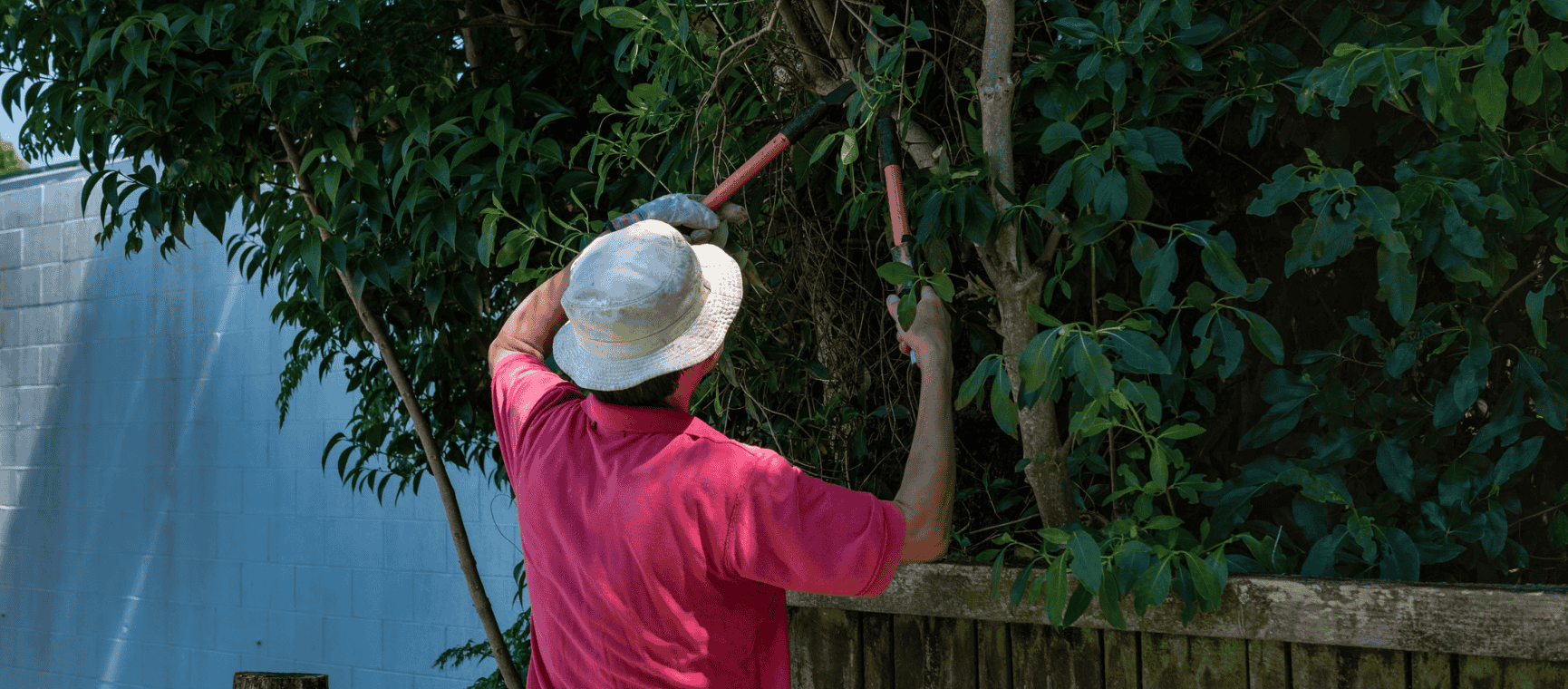
The ways you could be breaking the law in your back garden - with expert advice on how to avoid neighbour disputes, a fine or even a prosecution.
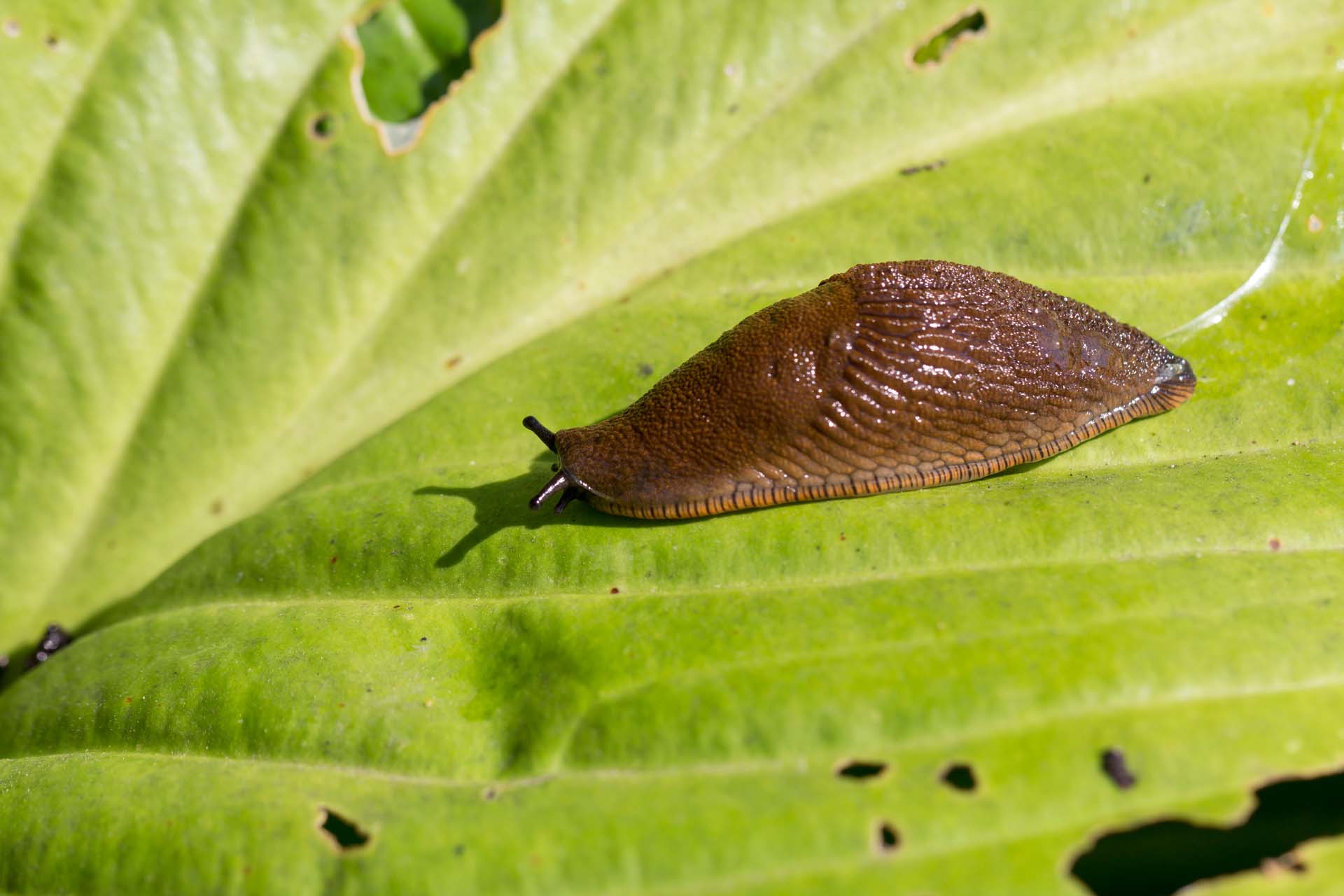
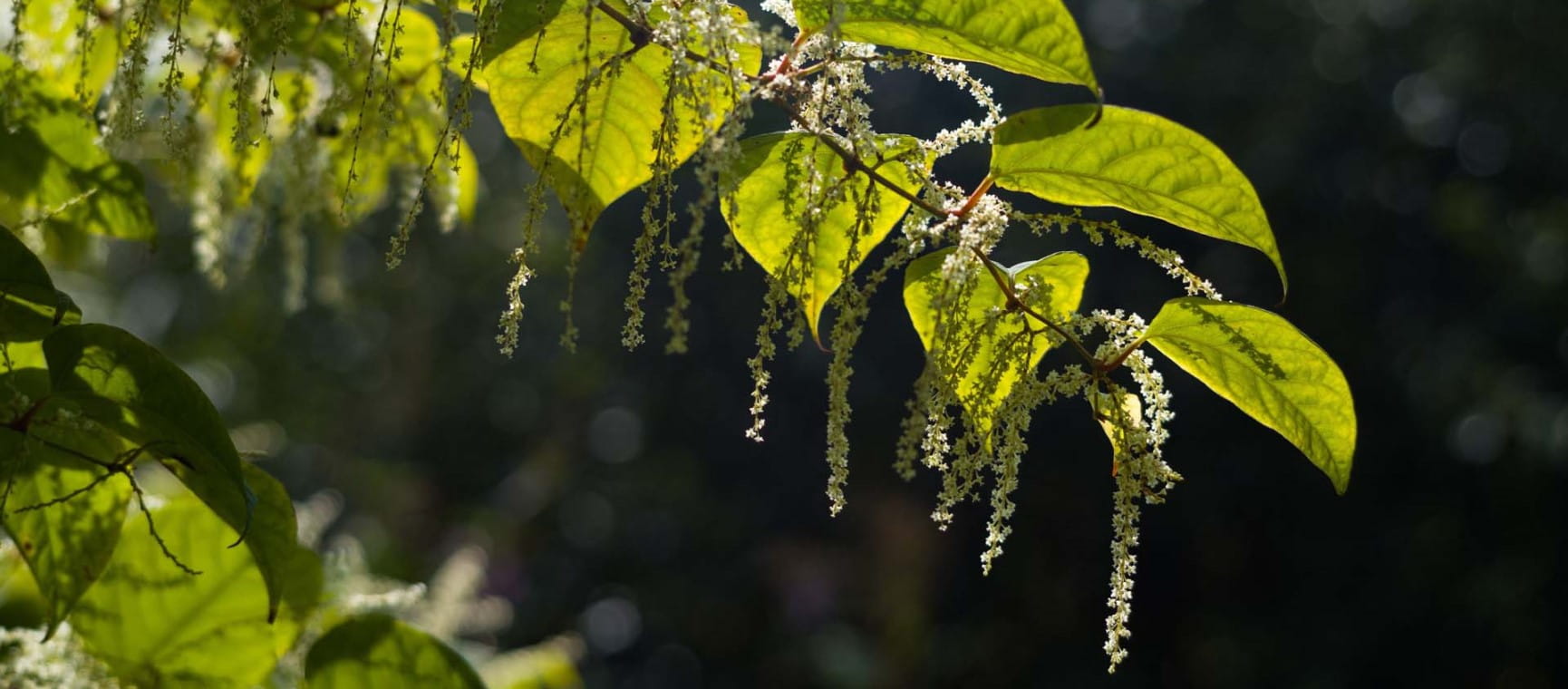
Everything you need to know about Japanese knotweed, the fast-growing plant nobody wants in their garden.